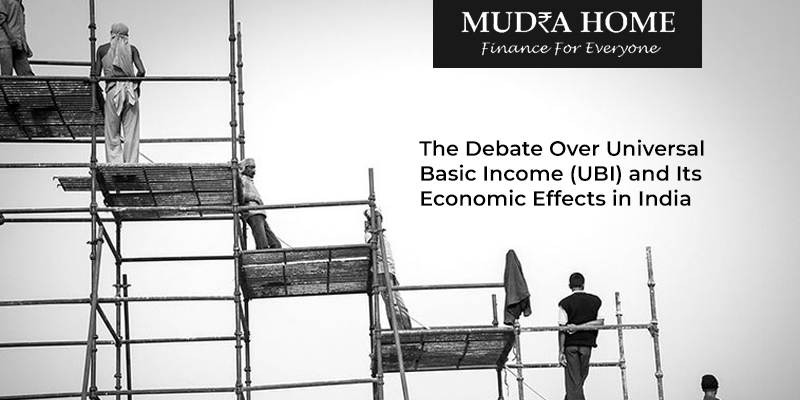
Universal Basic Income (UBI) has emerged as a hotly debated topic in India in recent years. The concept of providing every citizen with a regular, unconditional payment from the government has garnered both support and skepticism. Proponents argue that UBI can alleviate poverty, stimulate economic growth, and provide a safety net for vulnerable populations. However, opponents are concerned about the financial burden, inflationary pressures, and the potential disincentive to work. This article explores the ongoing debate over UBI and its potential economic effects in India.
Universal Basic Income, as the name suggests, is an unconditional and regular payment provided by the government to all of its citizens, irrespective of their employment status, income, or wealth. The primary idea behind UBI is to ensure that every individual can meet their basic needs, such as food, shelter, and healthcare, without the fear of destitution. In essence, it serves as a social safety net designed to alleviate poverty and income inequality.
To better understand the potential economic effects of UBI, several pilot programs have been conducted in various parts of the world. For instance, in India, a pilot UBI program was launched in 2019 in the state of Madhya Pradesh, where participants received regular cash transfers. The results showed improvements in healthcare, education, and economic well-being among beneficiaries.
Internationally, countries like Finland and Canada have also experimented with UBI pilot programs. While these initiatives have not led to the universal adoption of UBI, they have provided valuable insights into its economic and social impacts.
The debate over Universal Basic Income in India is far from settled. Proponents argue that it can alleviate poverty, stimulate economic growth, and reduce income inequality, while opponents voice concerns about cost, inflation, and work disincentives. Pilot programs and international examples have provided valuable data to inform the discussion. Ultimately, the decision to implement UBI in India should be based on a careful assessment of its potential benefits and drawbacks, considering the unique economic and social challenges the country faces. Regardless of the outcome, the debate over UBI continues to be an important dialogue in India’s path towards economic and social progress.